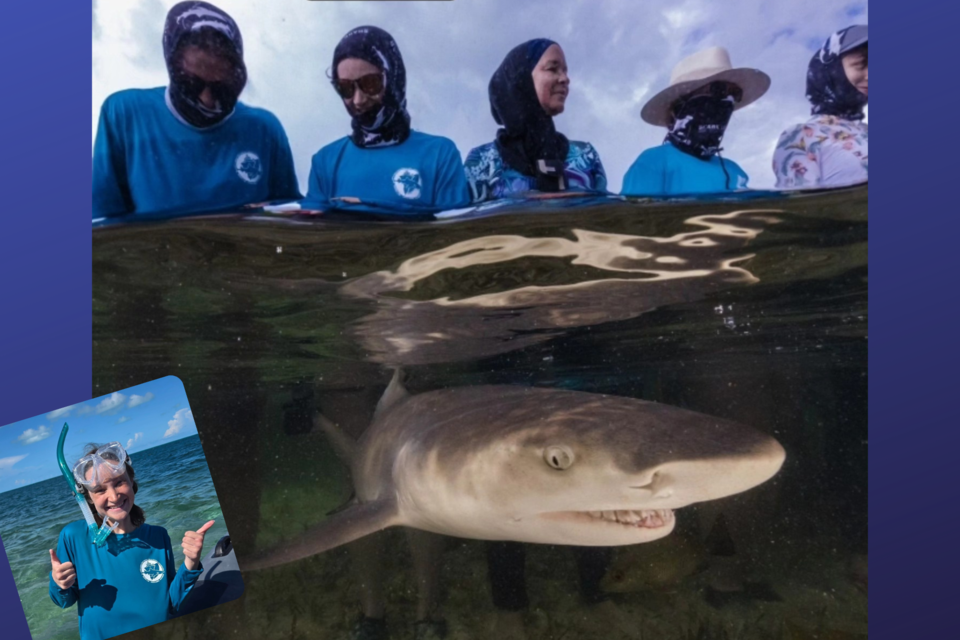The Georgia Southern Museum is making waves with its fourth annual Shark Week celebration, packed with plenty of educational activities and community events aimed at reshaping the way people view sharks and supporting marine conservation!
Starting on Sunday, July 12, 2025, and lasting the entire week (closed Monday), the museum will be filled to the brim with informational panels, educational activities, story time for children, movie night, a pool party, and even a bar event at Eagle Creek Brewing for everyone 18 and older.
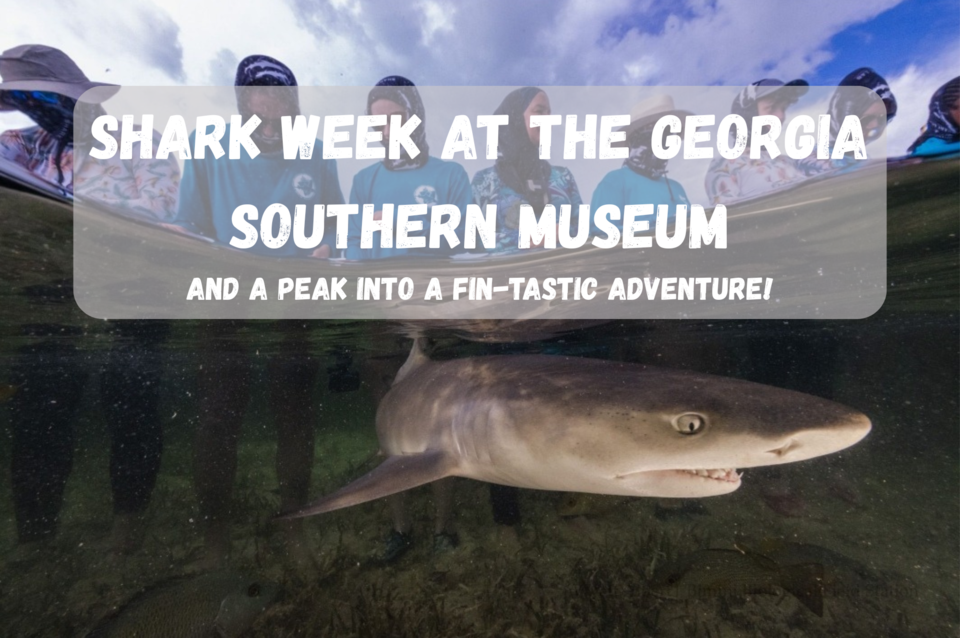
The bar event, "Science and Beer," will take place Friday, July 18 from 6:30pm to 8pm, and will feature a 45-minute presentation by shark researchers from the University of Georgia, followed by a casual Q&A session on shark science, offering a laid-back setting for adults to enjoy as they engage with marine biologists.
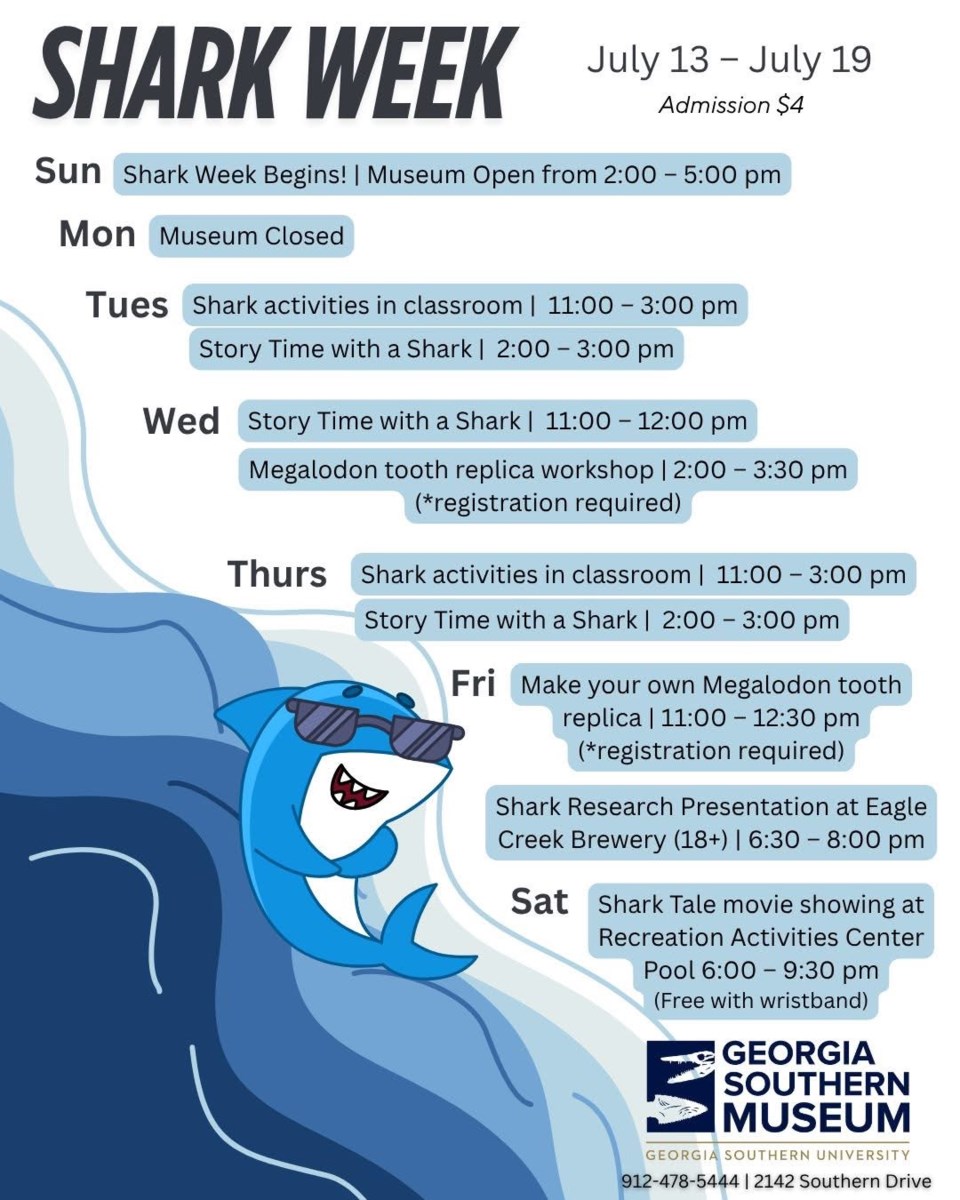
Each of these events aim to not only educate and inspire curiosity in the youth, but to also destigmatize sharks, challenge harmful misconceptions, and promote marine conservation through immersive and approachable experiences.
This mission is shared by the museum's curator of education, Marjean Cone, who recently participated in a week-long educator program at the Bimini Biological Field Station in the Bahamas.
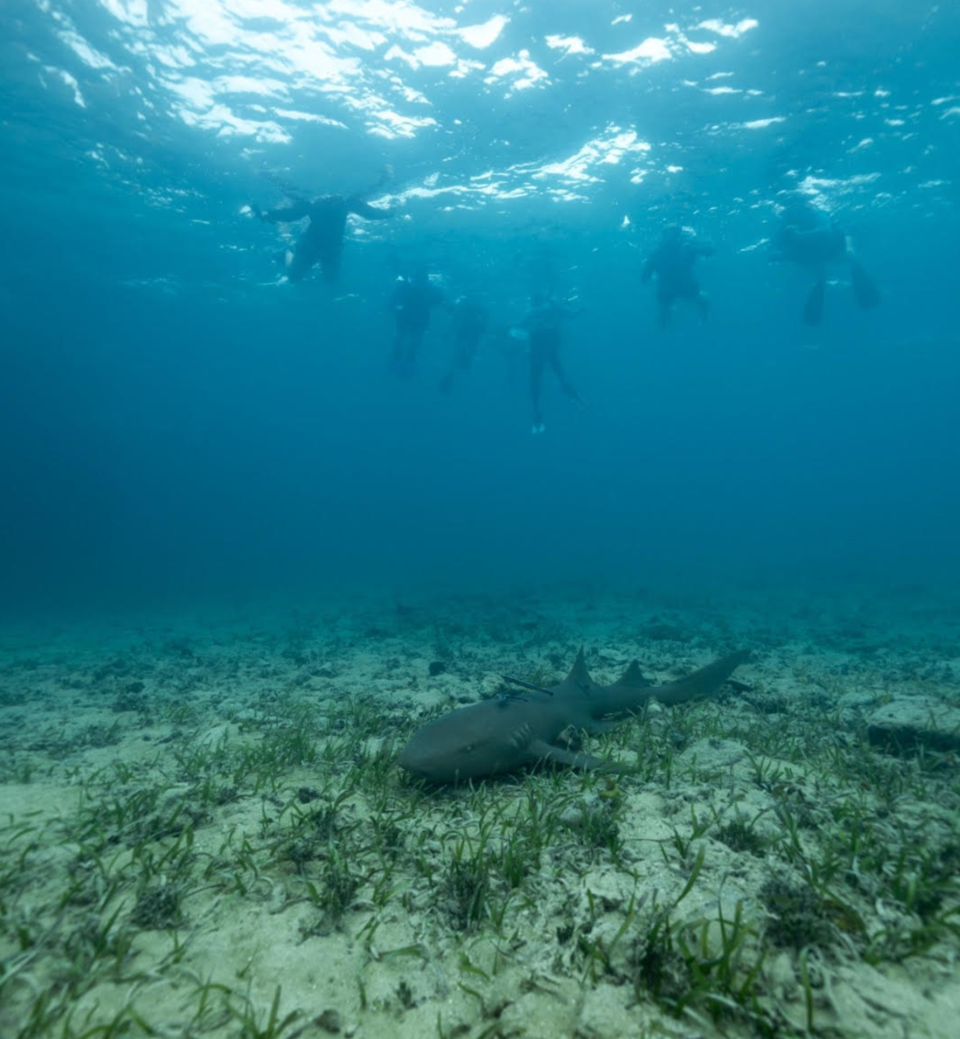
There, she was joined by 13 other participants to observe different species of sharks while learning from researchers about conservation, public perception, and the ecological importance of ensuring the safety of environments around us.
Dr. Samuel "Doc" Gruber founded the research station in 1990 on South Bimini, Bahamas, in a building that formerly housed police barracks. A small group of longterm volunteers welcomes visitors to the 'Shark Lab,' which has its own small beach and marina. There, they store their research vehicles such as skiffs, bay boats, and outboards. You can take a virtual tour of the station here!
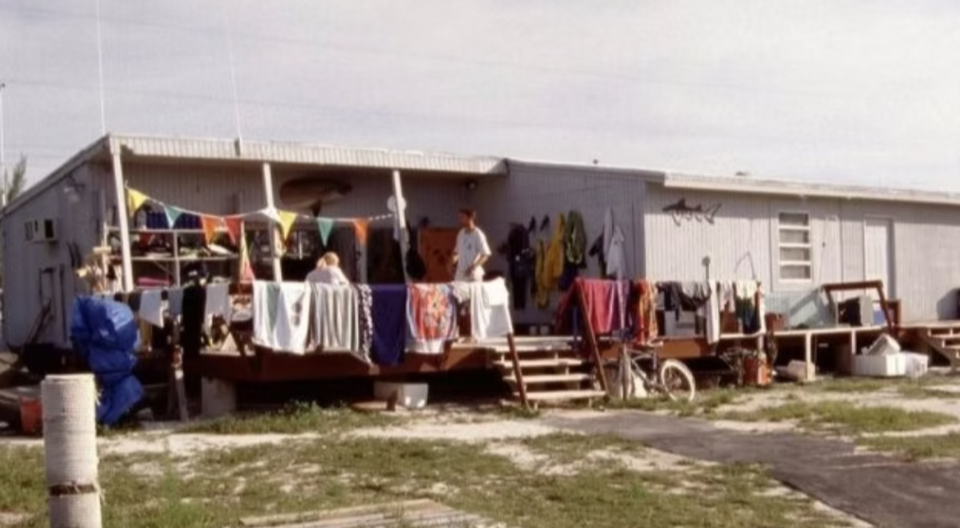
The mission of BBFS is "is to understand the biology of sharks and rays and the role that they play in the marine ecosystem through cutting edge field and laboratory research, spanning multiple disciplines such as molecular and behavioural ecology, physiology, conservation and sensory biology."
It's a year-round operation that welcomes students, visitors, and scientists alike for education, research, and outreach.
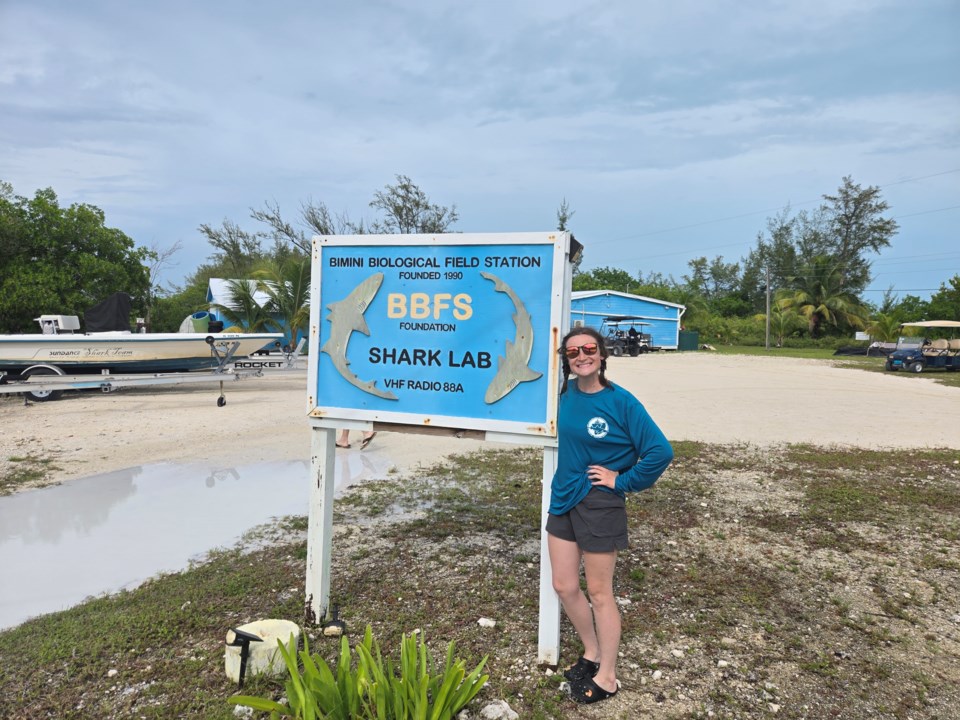
One key lesson from Cone's time at Bimini focused on lemon sharks, which rely heavily on mangrove habitats as nurseries and shelter for juvenile sharks, protecting them from predators—including much larger lemon sharks—and supporting their survival until they reach maturity. You can learn more about the BBFS lemon shark research program here.
Protecting habitats like these and spreading the word is essential for the survival of endangered species all over the world.
Though she wasn't conducting the research herself, the experience offered her a new look into the same topics being spotlighted by the museum throughout Shark Week—connecting real-world science, application, and conservation efforts into alignment with the museum's public education efforts. She is sure to bring some 'fin-tastic' stories and knowledge to this year's Shark Week after this trip.
Please click here to learn more about the events throughout the week!

